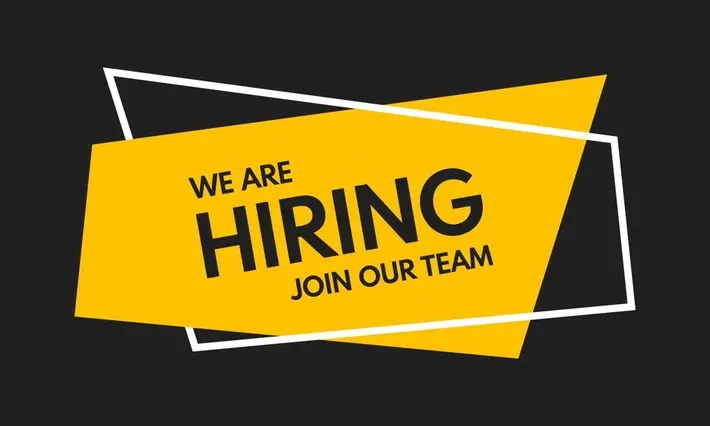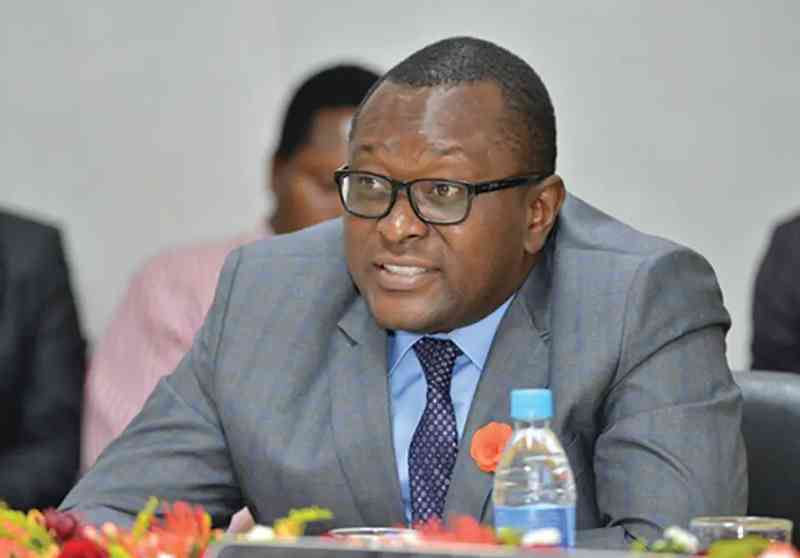
Employment or work is central to enhancing the well-being and quality of life for a person with a disability.
According to the International Labour Organisation, 60% of people with disabilities are of working age and yet they experience an unemployment rate of 80-100% higher than non-disabled workers.
Very few organisations take the initiative to employ people with disabilities and their organisational policies are not inclusive as a result, a number of people with disabilities are excluded from meaningful employment and have low levels of income.
Disability inclusion should be every organisation’s diversity; however, efforts to be inclusive should go beyond meeting the quota to create an inclusive workplace for all.
People with disabilities still experience barriers in accessing and holding employment opportunities.
This is as a result of negative attitudes leading to discrimination, low esteem, inaccessible information, lack of assistive devices, policy and support services, unequal to education and training.
Among people with disabilities some groups have greater chances of getting employment than others.
Article 27 of the Convention on the Rights of Persons with Disabilities (CRPD) recognises the right of persons with disabilities to work on an equal basis as others, and this includes the right to gain a living through work that is freely chosen in the labour market that is accessible and inclusive.
- Social commentary: HIV: Glimmer of hope for informal sector
- Building narratives: Govero’s narrative on personal finance
- Village Rhapsody: Mining sector must capacitate female workers
- Social commentary: HIV: Glimmer of hope for informal sector
Keep Reading
Further, the article emphasises the need to safeguard and promote the realisation of the right to work for those who acquire a disability during the course of employment.
More often we think about people with disabilities accessing employment and yet anyone can acquire a disability during the course of employment.
Challenges faced by people with disabilities in accessing or holding employment:
Children with disabilities are often discriminated against and face challenges in accessing quality education due to inadequate learning material, inaccessible environments and limited institutional capacities to meet their diverse needs. As a result, children with disabilities are less likely to finish their education or remain uneducated, affecting their future opportunities.
The marketplace is highly competitive with increased use of technology which influences the structure of employment and the competition for jobs.
A number of people with disabilities struggle to adapt and cope with the high-level skills as they are already disadvantaged in accessing skills training and cannot afford assistive technology.
Potential employers often assume people with disabilities do not have the capacity to perform their tasks and yet people with disabilities want to work given the opportunity.
In addition, other employers assume employing a person with a disability is costly because they will require provision for reasonable accommodation such as assistive technology and assistants.
Such employer attitudes and perceptions are discriminatory and largely unfounded.
Some disabilities such as mental health conditions are invisible, hence due to stigma and discrimination a number of employees choose not to open up about their disability.
Most of the recruitment platforms are not accessible and people with disabilities do not have access to information regarding employment and placement opportunities.
Some of the challenges are associated with the physical access to the work environment. Inaccessible work environments affect workplace outcomes for people with disabilities.
There is a gap between Technical and Vocational Education Training (TVET) or learning institutions and employers which pauses a challenge for a person with a disability to transition into the labour market.
Incentives offered by government to organisations that employ people with disabilities have not motivated the employer to take much action.
In Zimbabwe, companies that employ people with disabilities are eligible for tax incentives.
Even though it is argued that a job is offered on the basis of qualifications, experience and competitiveness, people with disabilities still experience limited access to employment opportunities.
A number of organisations claim to prioritise diversity, but only a few have focused on disability inclusion.
Recommendations for Employers:
With the increased use of technology, teleworking provides an opportunity for a person with a disability to work from the comfort of their homes, reducing the challenges associated with transport and accessibility.
Organisations should ensure reasonable accommodation is provided in the workplace, this can be in the form of assistive technology, flexitime, workspace adaptions among other requests to level the playing field in the work force.
A budget should be allocated for the provision of assistive devices and adaptions.
Organisations should develop and implement inclusive policies that prohibit discrimination on the basis of disability in areas related to recruitment, career advancement or working conditions.
A step should be taken to review other organisational policies to integrate disability.
Women with disabilities are more vulnerable and at greater risk of being exposed to sexual harassment and exploitation in the workplace.
There is need to address employer and workforce negative attitudes and perceptions through providing information and training.
This may entail sharing success stories and how to work with a colleague who has a disability.
Some organisational systems have potential discriminating effect as they focus more on individual competition, productivity and less on inclusion and diversity.
Integrating disability inclusion in business leadership will empower decision makers.
Due to competition and limited employment opportunities, a person with a disability may decide to start their own business or enter into a cooperative.
Availing technical and financial support including provisions for adaptions after apprenticeship or attachment will enhance their capacity and competitiveness.
Opportunities for internship, can pave way for targeting and recruiting a person with a disability.
Experiences indicate that it is rare for a person with a disability to match the required skills due to the several barriers.
Hence deliberate effort should be made to match the required skills and provide for capacity building opportunities.
The personnel involved in recruitment should have an understanding of disability and challenges faced by people with disabilities to position themselves in the selection process.
People with disabilities should be enabled to get effective access to training programmes and services.
Promoting employment and career development opportunities is imperative, which can include partnering with learning institutions to assist with identification and placement of people with disabilities further providing inclusive job descriptions that explain the functional aspects of a role.
There is great potential and talent among people with disabilities which should be tapped.
People with disabilities are leaders, innovators and entrepreneurs who have skills and experiences to give an organisation a competitive advantage and improve the overall organisation culture.
Excluding people with disabilities from employment results in loss of income and affects the achievement of the sustainable development goals.
- Tigere is a development practitioner and writes in her personal capacity.
- These weekly articles are coordinated by Lovemore Kadenge, an independent consultant, past president of Zawale Consultants (Private) Limited, past president of the Zimbabwe Economics Society (ZES) and past president of the Chartered Governance & Accountancy Institute in Zimbabwe.










